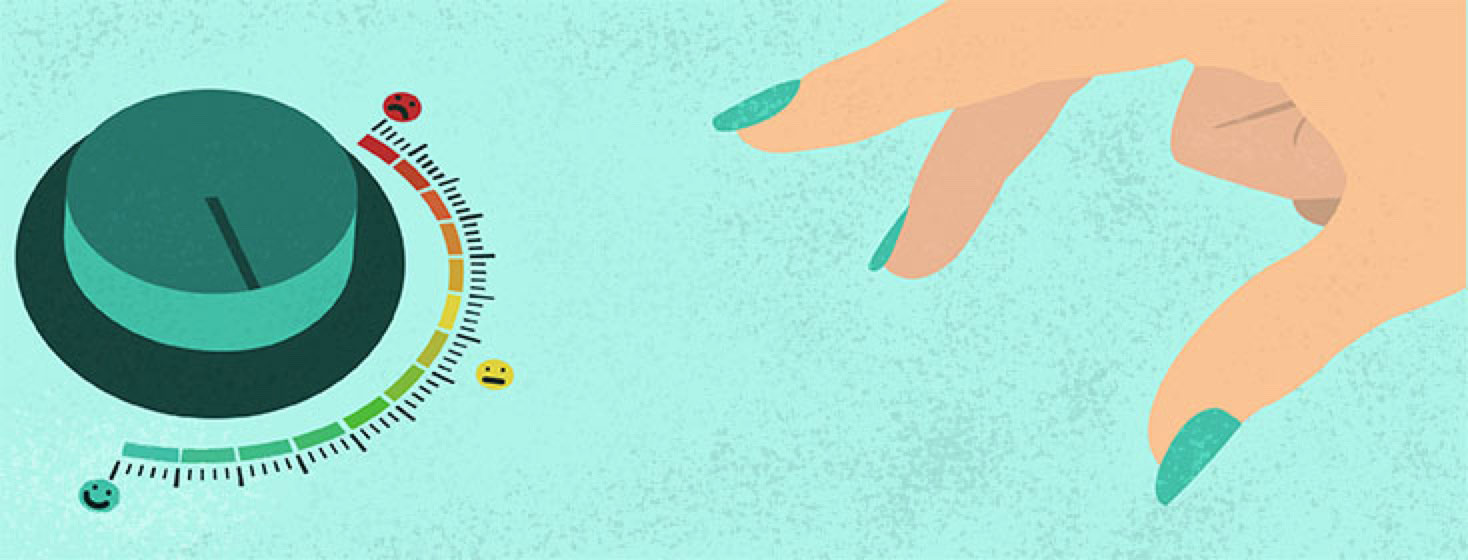Positive Attitude - How Important Is It Really?
After receiving a cancer diagnosis, many people find themselves bombarded with well-intentioned family and friends offering advice. This advice takes many forms-books on nutrition, articles about new treatments, and very often the suggestion to “just stay positive”.
Scientific evidence of a positive attitude
So just how important is a positive attitude when facing cancer? Unfortunately, there is no good scientific evidence that ‘positive thinking’ increases survival. If there was, it would probably be a lot easier to muster the strength to view a cancer experience with solely a “glass half full” mentality.
The stress of positive thinking
Someone who naturally has a positive outlook on life will often be able to continue to seek out and find the positive in a cancer experience. For others who tend to view the world through a more pessimistic lens, asking them to find the positive in a cancer experience can be an impossibility and can lead to even more distress.
Unrelenting pressure to be positive is draining and counter-productive and can lead to a person just “putting on a happy face” because that’s what is expected of them.
The tyranny of the positive attitude
Jimmie Holland, MD, former chair of the department of psychiatry and behavioral sciences at Memorial Sloan-Kettering Cancer Center, calls this “the tyranny of the positive attitude” in her book The Human Side of Cancer. Holland writes, “For most patients, cancer is the most difficult and frightening experience they have ever encountered.
All this hype claiming that if you don't have a positive attitude and that if you get depressed you are making your tumor grow faster invalidates people's natural and understandable reactions to a threat to their lives. That's what I mean by the tyranny of positive thinking.”1
Finding the support you need
Most people have a wide range of emotions in response to serious illnesses. This is normal and this is healthy. It’s important to remember that when others urge you to “be positive” this may be because it is easier for them to see you upbeat, rather than in distress (i.e. it’s not about you, it’s about them).
If you are feeling down or in distress, find someone to talk to, rather than just pretending to be upbeat to make those around you more comfortable. If the people closest to you are not able to hear your worries and fears, talk to a friend, a clergy person, or a social worker in your cancer center, or a local therapist.
Talking about fears does not create them where they didn’t exist before, but talking about worries and fears can help to relieve them. This, for most people, is a lot more helpful than just putting on a happy face because that is what is expected.

Join the conversation